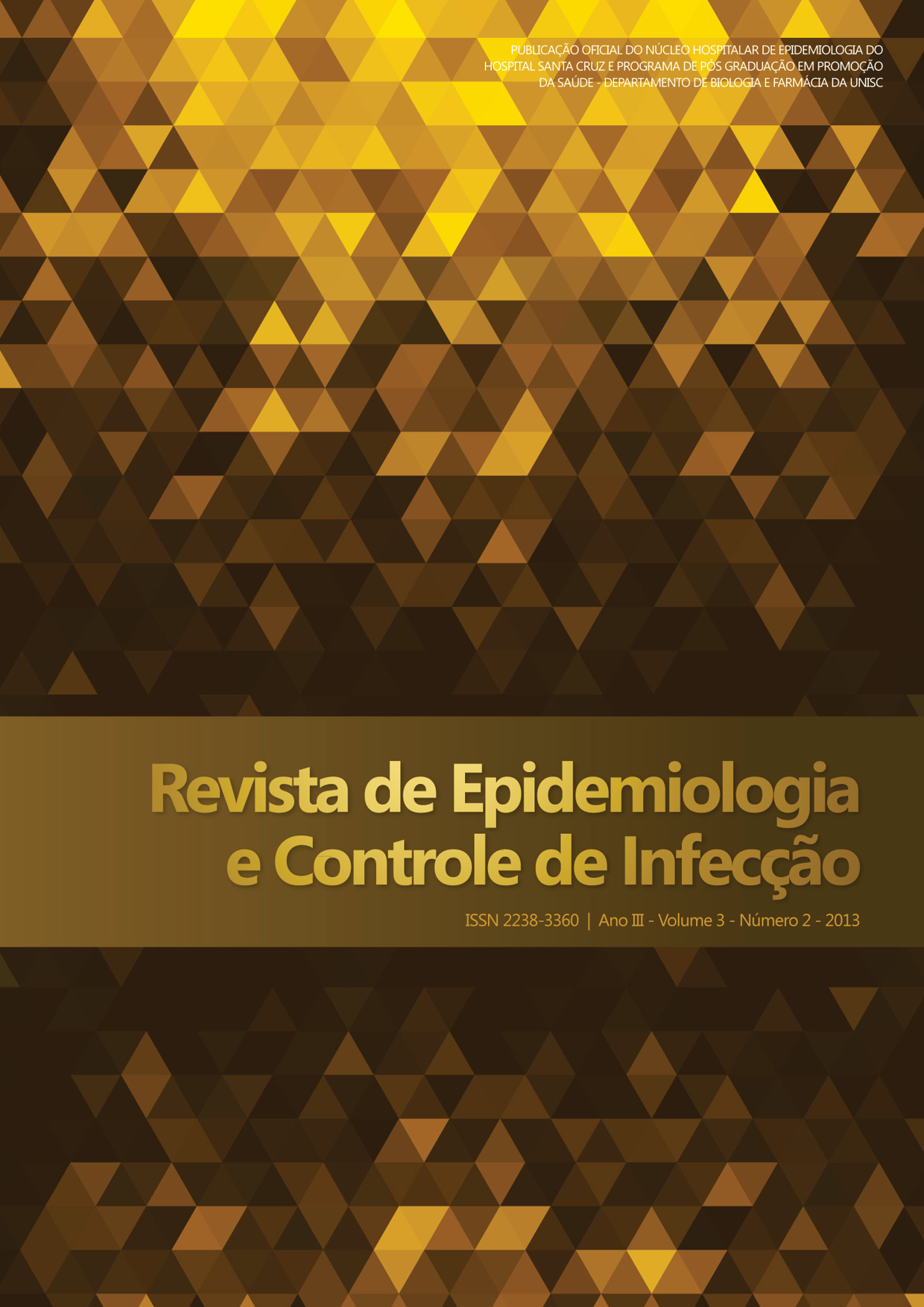Avaliation between precocious out of bed in the intensive care unit and functionality after discharge: a pilot study
DOI:
https://doi.org/10.17058/reci.v3i3.3327Abstract
Backgound and Objectives: The incidence of complications arising from the deleterious effects of immobility in the intensive care unit contributes to functional decline, increased length of hospital stay and reduced functionality. Physical therapy is able to promote recovery and preservation of functionality, which can minimize these complications - through early mobilization. To evaluate the functionality and independence of patients who underwent a early bed output in the Intensive Care Unit. Methods: A randomized controlled clinical trial was conducted with patients admitted to the Intensive Care Unit (ICU) of the Santa Cruz Hospital and having a physiotherapy prescription. The patients were divided into conventional therapy group- control group and intervention group, who performed the protocol of early mobilization, promoting the bed output. The functionality was measured three times (retroactive to hospitalization, at discharge from the ICU and on hospital discharge) through the instrument Functional Independence Measure (FIM). Results: Preliminary data indicates that the intervention group (n = 4) presented lower loss of functionality after discharge from the ICU, with a deficit of 19%, having recovered until the hospital discharge 97% of the prehospitalization measure. The control group (n = 5) showed higher loss in the ICU of 47.6%, and was discharged from hospital with only 72% of their basal rate. Conclusion: There was a lower loss rate and better recovery of functionality in the studied population when those were submitted to a systematized and early protocol of mobilization as well as shorter hospital stay.Downloads
Downloads
Published
How to Cite
Issue
Section
License
The author must state that the paper is original (has not been published previously), not infringing any copyright or other ownership right involving third parties. Once the paper is submitted, the Journal reserves the right to make normative changes, such as spelling and grammar, in order to maintain the language standard, but respecting the author’s style. The published papers become ownership of RECI, considering that all the opinions expressed by the authors are their responsibility. Because we are an open access journal, we allow free use of articles in educational and scientific applications provided the source is cited under the Creative Commons CC-BY license.


